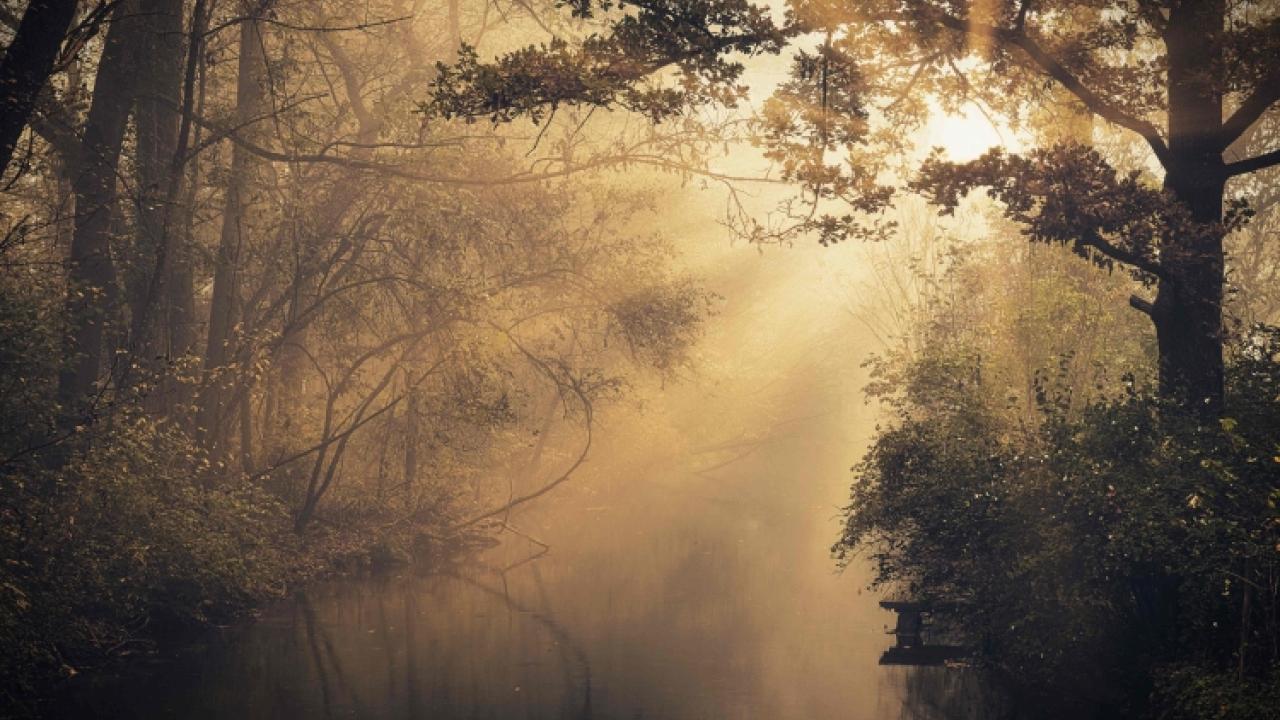As I reflect on this issue of Reformed Worship, the words “longing” and “journey” come to mind. Longing is what sends us out on our journey to discover what more there is to life. Ever since the fall, people have been longing for things to be the way they were meant to be. We long for the restoration of relationships gone wrong. We long for a creation restored. We long for an end to war and violence and hunger and pain. And so we journey on in faith and hope.
That longing is the basis of the Advent/Christmas worship series “Longing for More” (p. 3), which points us to Christ as the answer to all our longings. That same longing is spoken of in the Advent resources from James Brumm (pp. 20 and 22) and in the service “Out of Darkness—Joy and Hope” (p. 36).
As we move from a sense of longing to the hope of fulfillment, we journey toward shalom. It’s a spiritual journey, but also one of restoration, as we are reminded by Kevin Adams’s article “Preaching toward Shalom” (p. 30). But we’re not just tourists; this journey requires something of us. It requires us to live a counter-cultural life, to try to put right what is so wrong in the world around us and in our relationships. And so, as people of the light, we journey toward the fullness of the light. It is a profoundly personal story, but it’s also a meta-narrative of all of life.
Jubilee Christian Reformed Church in St. Catherines, Ontario, decided to tell the story of this journey visually in “The Living Vine Project” (p. 10). We hear that same story in the interpretive monologue based on Zechariah’s story (p. 15), in the festival of lessons and carols called “Evangelists and Canticles” (p. 18), and in the Christmas Eve service “The Whole Story of Christmas” (p. 32). We are further encouraged to help our congregations connect to that journey through a visual aid in “Connecting with God’s Big Story” (p. 46), and through movement in “Let Jesus’ Birth Move You” (p. 38).
Walter Brueggemann further focuses us on that longing, which creates in us both a thirst for more and a fear of what that “more” requires of us, when he writes on the psalms (p. 24). (Please note that this three-part series will only appear in the print version of RW, not online.) Indeed, this journey does require much of us, just as it required much of Jesus Christ, who makes our very journey possible.
All of this talk of journey and longing, of struggle and dying to self, seems a little antithetical to the Christmas season, but that is more a reflection of the culture in which we find ourselves than the meaning of Christmas and the seasons leading up to and following it. There is nothing easy about Christmas, the journey of Mary and Joseph, the journey of Christ himself on earth, our own spiritual journey, or the journey of the world toward restoration. Yet, undergirding all these journeys is faith in the promise and hope for the future, when shalom will be restored. Until that time we pray in song,
O Lord Jesus, God incarnate, who assumed this humble form, counsel me and let my wishes to your perfect will conform. Light of life, dispel my darkness, let your frailty strengthen me; let your meekness give me boldness, let your burden set me free; let your sadness give me gladness, let your death be life for me.
—stanza 3 of “Come and Stand Amazed, You People,”
author unknown, translated from medieval Dutch
by Klass Hart,
©1987 Faith Alive Christian Resources LUYH

